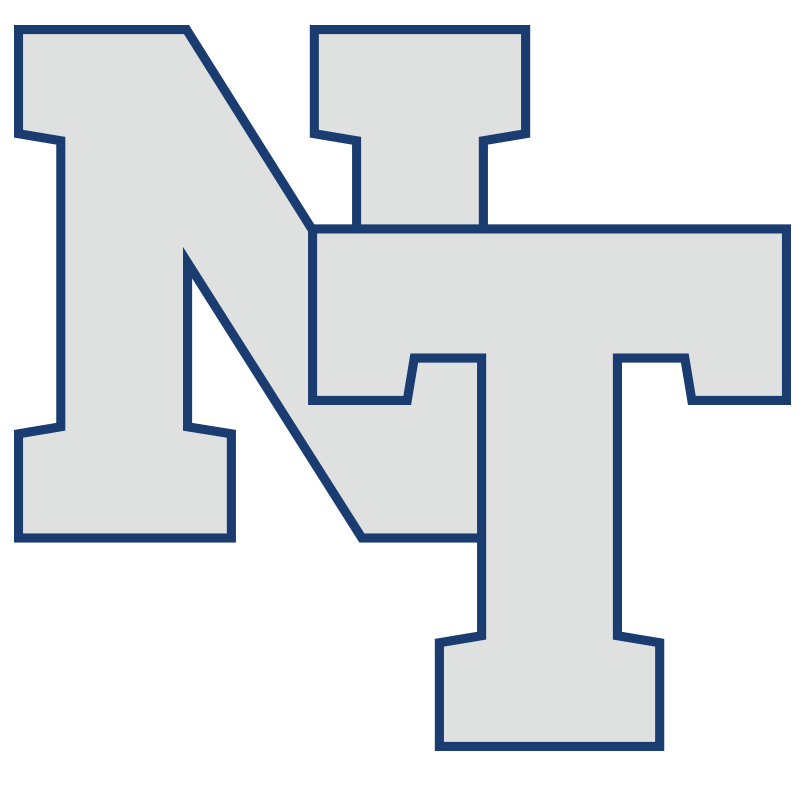VETERINARY SCIENCE
Due to above average growth of the veterinary industry and the need for high quality care of companion animals, there is a growing demand for well-trained veterinary assistants and technicians at the national level. Additionally, according to the Bureau of Labor Statistics, Massachusetts is among the top paying states for veterinary assistants and technician in the country. Students in the Veterinary Science Program will learn valuable skills and gain knowledge of applied animal science alongside specialized training in animal health, care and management. They will then be able to further their training or find employment in a variety of related industries such as veterinary hospitals and practices, research and academic institutions, shelters, laboratories, public health organizations and zoos.
Students will master essential skills for veterinary assistants. Their training will include office and hospital procedures, communication and client relations, pharmacy and pharmacology, examination room procedures, small and large animal nursing, surgical preparation and assisting, laboratory procedures, and radiology and ultrasound imaging. Students put their theory into practice in our onsite veterinary clinic run by our business partner MSPCA-Angell. Through partnerships with local farms and veterinary hospitals students will have the opportunity to work with horses and other large animals, and will be able to participate in a more complex surgical veterinary procedures.
Students take Chemistry in Grade 11, Anatomy & Physiology or AP Biology in Grade 12. Psychology is also recommended.
Technical Courses
Career Exploration (100) – 18 Credits
Veterinary Assisting 9 (429) -12 Credits
Veterinary Assisting 10 (430) – 24 Credits
Veterinary Assisting Theory 10 (430T) – 5 Credits
Veterinary Assisting 11 (431) – 34 Credits
Veterinary Assisting 11 Theory (431T) – 5 Credits
Veterinary Assisting 12 (432)– 34 Credits
Veterinary Assisting 12 Theory (432T) – 5 Credits
